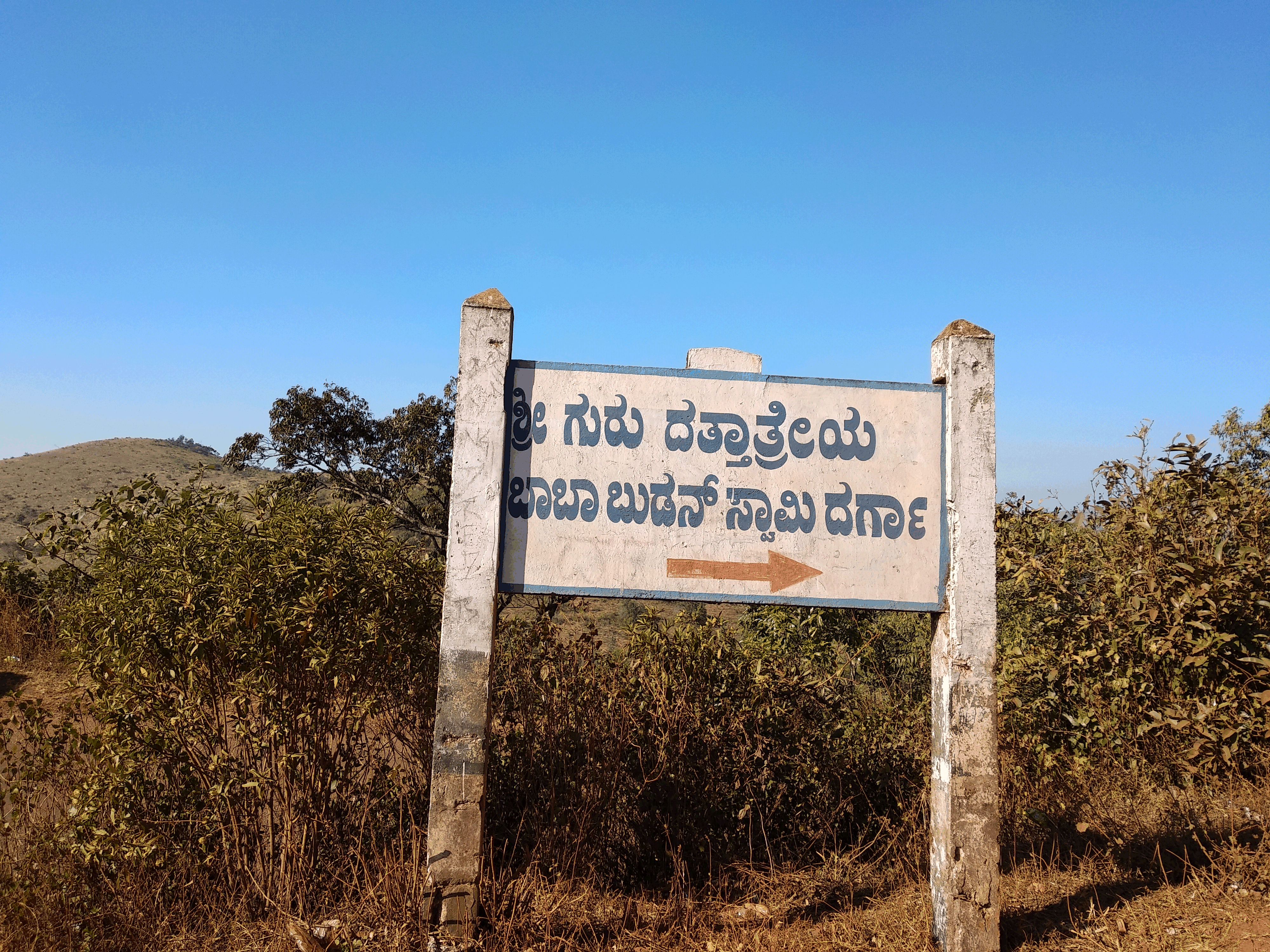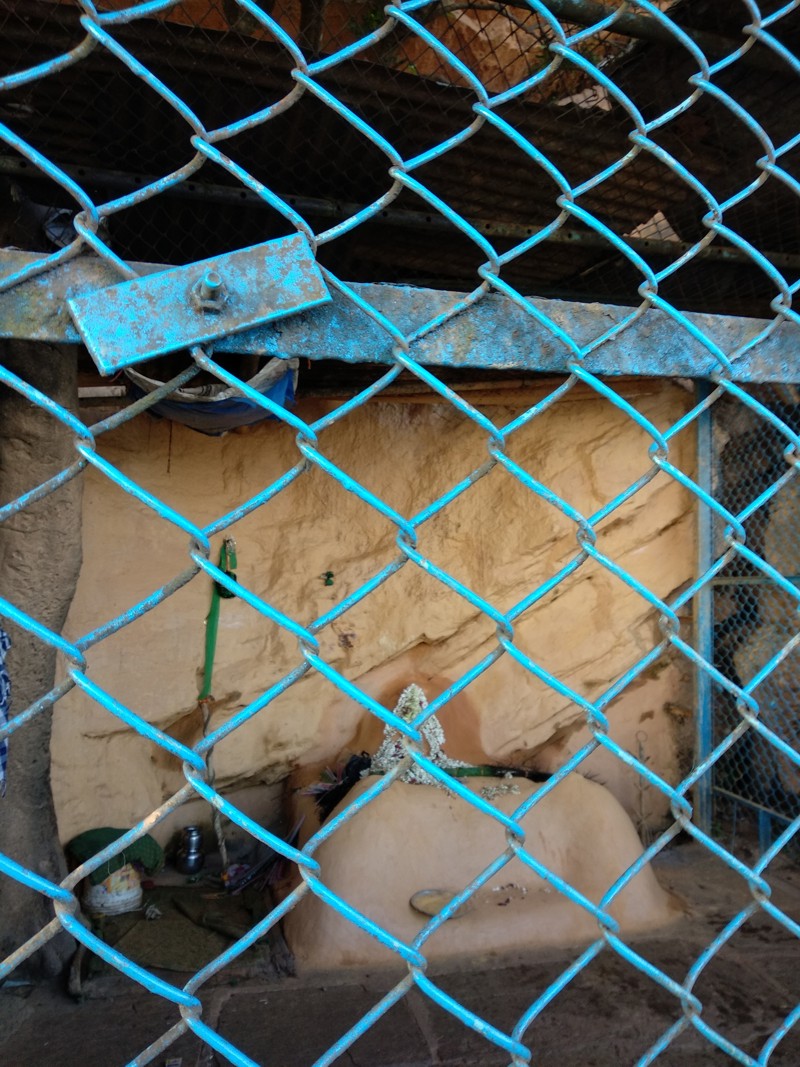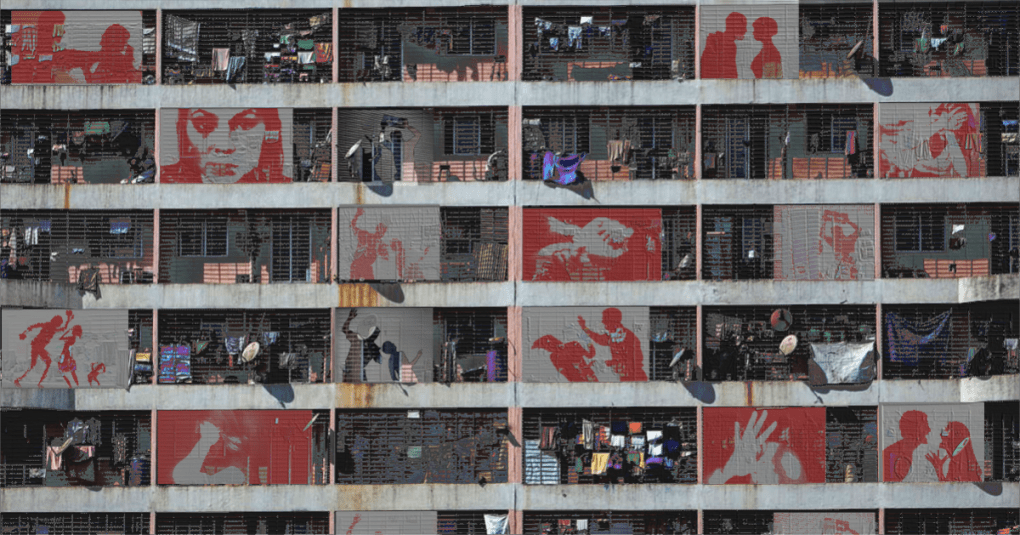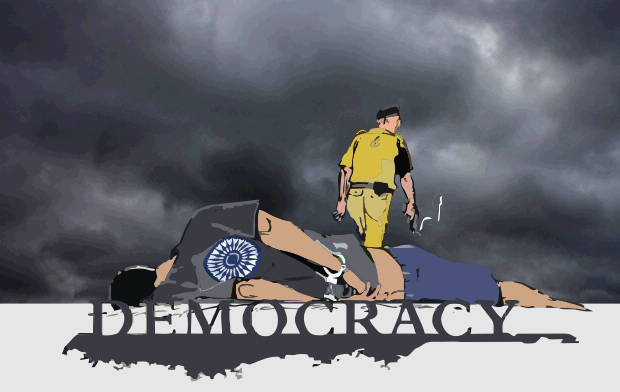The allegation of misuse of Section 498A of the Domestic Violence act points to the fact that when women assert their right to a dignified life in shared household and/or matrimony, it becomes a matter of suspicion that the woman may ‘misuse’ it. The onus not being on men for perpetuating domestic violence but on women for ‘misusing’ the law. Clearly, women’s rights do not seem to be counted as human rights![1] This article traverses the trajectory of the acceptance of domestic violence as a form of violence faced by women in shared households and points out judicial bias in various judgments throughout years of development of feminist jurisprudence.

One sees the origin of this mind-set in law formulation in the nature of laws that were passed in British colonial era-as long back as in 1812. In the colonial law passed in 1812, as Radhika Singha points out, ‘marital infidelity’ was kept in the domains of the private sphere, whereas rape by unknown persons was the most ‘heinous crime’. Criteria for this ‘heinous crime’ was extent of penetration and the damage to community honor. She says,
“It was administrative common sense, the norm of knowing the people, that the honor of men, particularly among the respectable orders in India depended upon the chaste reputation of their women. Stories about the ‘defiled’ woman herself demanding to be killed tended to be accepted as confirmatory ‘of the anxiety which the natives of this Country feel, on points where female chastity is concerned, to preserve unsullied the reputation of their family.’11
Clause 359 of the Draft Code was retained as Section 375 of the Indian Penal Code (IPC) in 1860, with one amendment. The Exception read: “Sexual intercourse of a man with his own wife, the wife not being under ten years of age, is not rape” [2]
Thus, the law was concerned with the exoneration of the man than the well-being or rights of the woman. The colonial rulers were clever not to disturb the fabric of the exploitative Hindu society by way of not touching upon the sphere of the ‘private’ or ‘domestic’ , at the same time establishing itself as the ‘saviours’ with a humane face showing almost exaggerated contempt for assaults by unknown persons or strangers. The values that families are supreme and “what happens within should stay within” were reinforced through such measures.
There was sporadic reporting of incidents of battery and deaths of resistant child brides by older and powerful husbands throughout 1870s, however most of them were let off with very light sentences.
Phulmonee’s Death Sparks a Movement
Phulmonee was an 11-year-old girl who had not yet come of age and died after her 35-year-old husband raped her. She died after 13 hours of profuse bleeding. ‘I saw my daughter lying on the cot, weltering in blood…,’ said Radhamonee, Phulmonee’s mother[3] Despite the fact that Phulmonee’s parents testified in the court that their caste codes did not allow premenstrual cohabitation and that the couple had been kept apart till that very night when her husband had broken into her room and forced himself upon her, and caused death, the English judge Wilson accepted husband’s version. The husband said that they had cohabited several times before that night and also that since her age was more than 10 years, the charge of rape did not apply.
The jury consisted of six Hindus, two Europeans and one Muslim man. The judge Wilson said, “I think it is my duty to say that I think there exists hardly such solid and satisfactory ground as would make it safe to say that this man must have had knowledge that he was likely to cause the death of the girl…. You will, of course, in these, as in all matters, give the benefit of any doubt in favor of the prisoner.”
The husband was found guilty of causing death by ‘rash’ and ‘negligent’ act and not marital rape or domestic cruelty and hence was sentenced to a year’s rigorous imprisonment. [4]
After Phulmonee’s death, 44 women doctors brought out lists of child brides who had died or suffered grievous hurt consequent to rape, as part of the reformist movement to raise the age of consent. Despite the taboos against women speaking in public, many mothers of these girl children came out and deposed against the forced rapes. However the magistrates let them off in most cases and the husbands were even restored to the girls who were alive even after the act of brutality and assault.
Bull in a China Shop
A century later, in 1971, the Law Commission of India, in its 42nd report, recommended changes in Section 375.[5] In the intervening years, in the Exception to Section 375, the minimum age below which intercourse would constitute statutory rape had been raised to 15 years. The issue of marital rape was critical to these discussions. The report recommended the removal of marital rape from Section 375, and the inclusion of an explanation to the effect that a separated wife would not be deemed to be a wife under the section on rape. It recommended the gradation of the offence of rape by a husband of his wife under a new section: Punishments severe for the rape of child-wives below the age of 12 and minimal where the wife was between 12 and 15 years old. [6]
However, marital rape remained out of the purview of general definition of rape.
1970s was probably the first time that the issue of domestic violence was discussed in the public sphere. The campaign against dowry deaths gained momentum through the labor of many feminist groups. It was not that dowry related deaths had suddenly increased in number, but that these deaths had started coming to attention. Dowry related deaths, or murders, since were happening in the confines of home were difficult to prove in the court of law, and even in case of dying declarations made by wives, were deemed as ‘insufficient evidence’.
In 1983 Delhi High Court in the case Harvinder Kaur vs Harmander Singh said,[7] “Introduction of Constitutional Law in the home is the most inappropriate. It is like introducing a bull in a china shop. … In the privacy of the home and the married life neither Art 21 nor Art 14 have any place“
This was not an exclusive statement.
Proving Domestic Violence in Courts
When Domestic Violence Act(DVA) was constituted, its success depended on the required services that would have been put in place by the state, on how the law is interpreted by the judiciary and to the extent to which women were going to be able to invoke the protection of the law. [8] But most of all the success of the law depended on the extent to which women internalize that violence in domestic relationships was unacceptable and hence deemed an offence by the law.
There were many factors that needed interpretation and required an understanding. For example the concept of shared household. While giving judgments like S. R. Batra and another versus Taruna Batra, the judges felt that the right to ownership of property was the only way to decide who gets the right to reside in a shared household. This was against the notion of shared household that PWDVA was built upon, where “women of the coparcenary married into the family, in their capacity of mothers and daughters-in-law, had the undisputed right to reside in it. The coparcenary was quite literally the “shared household“; [9]
Further, the concept of cruelty needed understanding. Through the Criminal Law (Second Amendment) Act in 1983, the concept of “cruelty” to wife was introduced under Section 498A and defined as including both, physical and mental cruelty, or any harassment associated with demand for dowry.
In a similar manner, Section 304B was introduced in the IPC in 1986 which created a new offence of “dowry death”. This provision made it possible to prosecute the husband and in-laws of a woman, if she died as a result of burns or any other injury within seven years of marriage, under suspicious circumstances and if it could be shown that she was subjected to cruelty or harassment by the husband/ in-laws in relation to demand for dowry.
Only when the Act came into force did activists from women’s movements realize that there were several other forms of violence that women were facing inside domestic relationships apart from those related to dowry. In such cases it became impossible to invoke Section 304B. In many cases where the women committed suicides or death was due to other kind of violence where dowry was not concerned or the violence committed on unmarried women, elderly women and children, there was no proper recourse to the law.
In fact, the definition of cruelty itself has been questioned over the years.
“Cruelty was defined to mean any willful conduct which could have driven the woman to commit suicide or caused grave injury to her or posed a danger to her life, limb or health (either mental or physical). The definition was worded in such vague terms that it was difficult to bring issues of sexual violence, economic violence or even threats of violence within the ambit of the section.” [10]
This basically meant, in order for domestic violence to be “proven” in the court of law and for Section 498A to be invoked, the threshold of the impact of violence perpetrated on women should be adequately high, nearing fatal injuries.
Further, even though some acts detrimental to women have been classified as “ crimes “, criminal law itself does not offer much to women. The most persistent problem that women faced as victims of domestic violence was that of being thrown out from the place of residence. Filing a case and the process is itself tedious and there was hardly any support mechanism to address the urgent issues of protection from violence, a shelter, children’s education and other such civil matters that, on a number of occasions discouraged women from walking out of violent marriages.
References
[1]Agnes Flavia, “ Section 498A, Marital Rape and Adverse Propaganda” [2]Singha 2000, op. cit., p. 144 [3]Evidence given in court by Radhamonee, mother of Phulmonee, cf. Sarkar, Tanika. 2001. Hindu Wife, Hindu Nation: Community, Religion and Cultural Nationalism. New Delhi: Permanent Black, p. 226 [4]Queen Empress vs Hurree Mohan Mythee, ILR 1891 Calcutta 49, cf. Dhagamwar 1992 [5]For a detailed discussion of this report and the 84th Report of the Law Commission of India, see Dhagamwar 1992. [6]Kannabiran Kalpana, Challenging the rule of law, Sexual Assault and law, p. 83 [7]https://indiankanoon.org/doc/191703/ [8]Jaising Indira, “ Bringing Rights Home : Review of the campaign for a law on Domestic Violence “ [9]Jaising Indira, “ Bringing Rights Home: Review of the Campaign for a Law on Domestic Violence” [10]Jaising Indira, “Bringing Rights Home: Review of the Campaign for a Law on Domestic Violence”This article was first published on cjp.org.in







